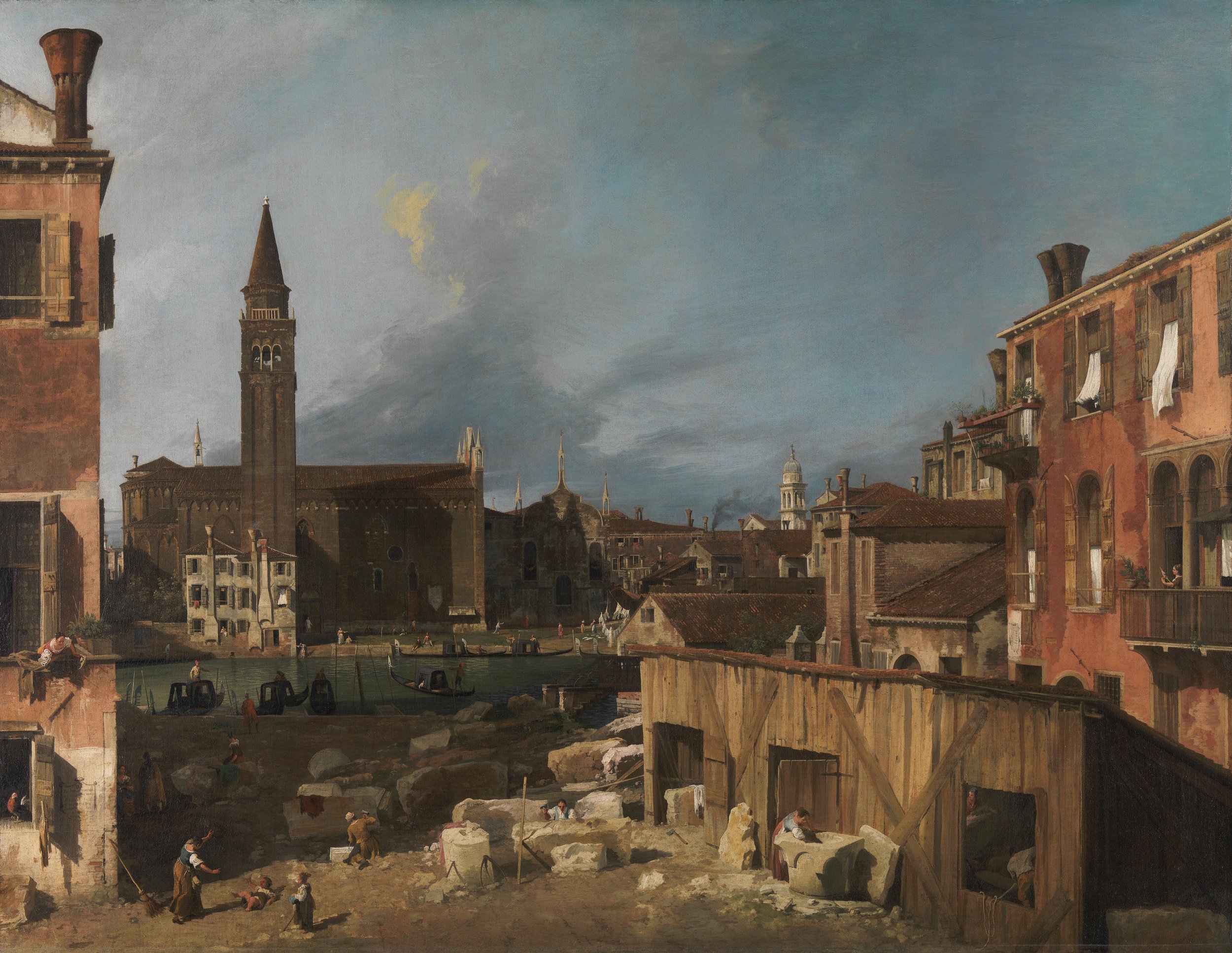
Wince+Sing
“on an age-old anvil wince and sing”
-Gerard Manley Hopkins
Wince+Sing is the official blog of Greystone Theological Institute. W+S provides biblical and theological resources for Christian scholarship, education, and devotion—all from a perspective consonant with and expressive of a comprehensive catholic and deeply Reformed, confessional Christian faith.
The Lydia Center Digests No. 2
John McVay laments the lack of attention given to the subject of metaphor and the consequential “outmoded assumptions concerning metaphors'' in “many treatments of Pauline metaphors.”
The Lydia Center Digests No. 1
Keown argues that Paul paints a picture of a new masculinity that is subversive of the default patriarchal assumptions at work in the Greco-Roman culture of his time.
Spousal Abuse, Pastoral Theology, and Pastoral Practice: The First Step.
For far too long, many have approached these questions within the ambit of that poorly disguised and misnomered field of inquiry, "practical theology," where so much is "practical" and so little is "theological." But domestic violence is in fact a rather prominent biblical theme, requiring serious exegetical labor if we will hear the Word faithfully.
How to Be a Friend to Someone Facing Abuse
Walking with someone who is coming out of an abusive relationship will not be like any other situation you have faced. At least, this is what I have found. I have learned throughout this experience with my best friend, that there are a number of things she needs.
The Abuse of Christian Women
We invite you to watch this video which explores the reasons we exist. Please share it if you care about these issues and wish to support our work.
After Patriarchy, Part 2: The Story of a Model
If I had a flair for the dramatic, I would say patriarchy died on November 23, 2013. There is some truth in that claim, though it's a truth having more to do with the world of scholarship than the everyday realities many people live with. Instead of going that route, then, I will suggest that November 23, 2013 is one of the most important dates in the convoluted story of patriarchy in the world of biblical scholarship. It is at least a date students of the topic should try to remember.
After Patriarchy, Part 1: Now What?
The curtain has been drawn. The questions have been sharpened, the stakes clarified, and the issues focused. And the dust is starting, it seems, to settle. Now -- now -- is the time to stretch our reading to the other side of this debate, to add Davidson to Davenant, Block to Bavinck, Collins to Cyril, Milgrom to Monothelitism.
Eve Alone? The Curious Tale of the Missing Adam
This omission is not the result of variations in the original biblical texts. As Parker notes, the Hebrew word is undisputed in the MT, and ancient textual witnesses all include it, with the noteworthy exception of Jerome's Vulgate. And the omission is a critically important one. Without this phrase, the reader is left with the impression that Eve sins alone. Parker is generally persuasive in her argument that the translators appear to be motivated to excuse the man and blame the woman.
To Be Pompilia: Reading the Abedini Saga Virtuously
If you've not yet had the pleasure, Anthony Esolen's (characteristically) outstanding book, Ironies of Faith: The Laughter at the Heart of Christian Literature(ISI Books, 2007), should rush to the top of your reading list. I often recommend the opening essay, "To Be Pompilia, Not the Fisc: Browning and the Irony of Humility," to ministerial and theological students.
Milton, Gender, Marriage, and Divorce: A Greystone Course
Alongside the writings of the Divines themselves, the writings of the great moral theologians such as Ames and Perkins, and the twists and turns of evolving canon law, one of the most important contextual features in the Assembly's statement is the series of publications on divorce written by the great English poet John Milton.
Book Note: When Children Became People
What is a child, and what is a child for? What qualities identify a child as such? Are they desirable or undesirable? Is a child an image of folly or of innocence, of weakness or of strength? An old Greek adage said, "Old men are like children once more." In our day we might think that endearing, and an image of innocent simplicity may come to mind. In the ancient world, however, the adage reflected the connection of children with ignorance.
Welcome to the Lydia Center for Women and Families
Greystone’s Lydia Center for Women and Families has been formed to advance research and provide resources in the areas of women, marriage and family, and children. The Lydia Center encourages collaboration among scholars in biblical, theological, historical, linguistic, and sociological disciplines for research output that is serviceable to clergy, academic and religious institutions, and families.













